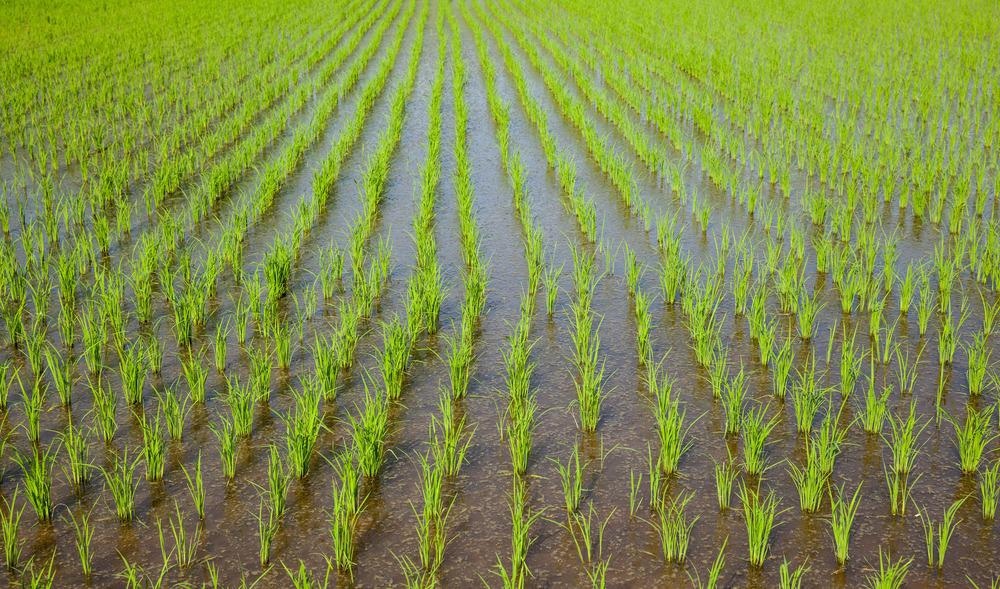The impact of biochemistry has been seen most notably in the medical and pharmaceutical industries. However, biochemistry plays a fundamental role in everyday life, affecting different aspects of society from retail, food, cosmetics, and fashion to healthcare.
Biochemistry has been involved in the development of many products and processes used every day. These include the discovery and improvement of medical products, cleaning products and DNA recombinant technology which can be used to make important molecules such as insulin and food additives.
Biochemical and binocular knowledge has also assisted the quality and quantity of food production through improved agrochemicals, the development of crops with enhanced resistance to pests and disease, and the preparation of foods that improve human health, which includes pre- and pro-biotics and antioxidants.
Biochemistry can be considered to contain several branches. These include Enzymeology; Endocrinology; Molecular biology; Molecular Genetics and Genetic Engineering; Immunology; Structural Biochemistry; Neurochemistry; and Cell Biology. Each of these disciplines concerns a different component of biochemistry.
Increasingly, the global food system is under strain, with an increase in the prevalence of polarised obesity and poverty, and increased dependence on chemical fertilizer and pesticides, poor quality foods, environmental degradation, and the loss of biodiversity. As such, many practices are being revised and regenerated. These practices are informed by biochemistry.
Biochemistry is used to enhance plant growth, yield, and quality as a consequence of optimizing fertilizer components. Crop improvement has also been improved by way of increased tolerance to biotic and abiotic stresses, alongside augmented nutritional value.
With knowledge of the mechanism of action of fertilizers, such as nitrates, the use of fertilizer can be optimized to improve plant growth quality. An example of this is the increasing use of biochemical fertilizers including nitrogen fixes, phosphorus potassium, sulfur solubilizers, and various fungi such as mycorrhiza, and Trichoderma, as well as small molecular iron chelators called siderophores that are produced by microbes.
This is thought to ameliorate the effect of intense use of chemical fertilizers, which cause water contamination, depleted nutrients, and soul deterioration.
Biochemistry plays an important role in nutrition and health and is considered to be a powerful unsustainable tool for the improvement of health, reduction of poverty, and hunger in the world. Through the use of sustainable biochemistry, the commercialization of biochemical techniques is considered to be a powerful way of reducing brook global poverty and hunger and improving nutritional delivery across the world.

Biochemistry in agriculture. Image Credit: PopTika/Shutterstock.com
The most notable way in which biochemistry has affected nutrition is through crop improvement using several biochemically-informed techniques. Since 1996, genetically modified crop varieties have been developed through the introduction of genes or genetic elements with desirable functions.
Despite concerns, genome editing tools have recently emerged as a new form of technology and have been successfully used to modify crop genomes without evidencing the use of foreign gene introduction across a variety of species. Although they have only been used relatively recently, they have greatly improved crop yield and quality.
Characteristics of crop improvement include improved nutritional and functional quality, particularly for staple crops that satisfy high demand, such as maize, wheat, potato, and rice. For example, 20% of the world's population – over one billion people - is dependent on rice cultivation as an energy supply. Gene technology has been used to improve, for example, glutinosity in rice varieties. A high-amylose and low-viscosity rice variety was produced by knocking out SBEIIb, a gene for the starch branching enzyme, using CRISPR/Cas9.
To circumvent the issue caused by cold storage of potatoes in transport, TALEN technology was used to remove a gene encoding for vacuolar invertase, which catalyzes the breakdown of sucrose into glucose and fructose. This prevents the accumulated reducing sugars that cause high levels of a potential carcinogen compound, acrylamide, produced when they react with free amino acids when cooked.
Biochemistry is also applied in the context of food contamination, with biochemistry aiding in determining detailed food chemistry. Related to this, biochemistry is essential in nutrient value tests, which can define the percentage or concentrations of nutrients in various types of foods consumed. Moreover, through a complex understanding of the macromolecular, vitamin, and mineral content of food, food can be used strategically to improve the quality of life. For example, knowledge of the effects of high quantities of sugar and fats enables doctors and nutritionists to advise patients on their dietary choices.

Rice production. Image Credit: pran/Shutterstock.com
Biochemistry is used in biotechnological applications in the textile industry. Enzymes are used routinely to bleach and wash textiles, and to change the property of clothing, for example changing the appearance of denim or preventing shrinkage of fiber types, such as wool and cotton. Increasingly, microbial involvement in the fashion industry has begun to take hold, avoiding the use of traditional chemical processes which are associated with high levels of pollution.
Spider silk, for example, is noted for its strong flexible and lightweight properties; however, it has not been possible to farm spider silk on an industrial scale in the past. However, by using fermentation bioreactors, genetically engineered bacteria can be used to produce this in large quantities. Due to knowledge of the material properties of the silk on a molecular level, this affords significant control over the final product relative to traditional materials. Moreover, this use of technology addresses the problem of sustainability as the silk is produced in the absence of animal or petroleum material.

Spider silk. Image Credit: Pablesku/Shutterstock.com
In fact, biochemically-mediated approaches have the potential to impact climate change, which is increasingly being recognized as a large challenge facing society worldwide. Biochemical knowledge has been used to identify solutions such as algal biofuels, carbon sequestration, and more efficient industrial processes, which can help protect the environment and enhance economic opportunities.
Biochemical research can also be used to understand the basic biological processes as well as complex and elegant mechanisms for harnessing energy and converting it into a form that can be used. By understanding these processes, the development of advanced biotechnology products has been achieved, which enables the production of novel types of bioenergy such as biochemical photovoltaics.
Through the identification of natural products that occur from biochemical reactions, products have been developed that enhance human health. This research has been fundamental and has increased public understanding of the importance of good nutrition and disease.
This article touches on a few examples of biochemistry in everyday life. Biochemistry continues to address the challenges faced by society worldwide, improving and influencing aspects of our lives.
- Pace NR. (2001) The universal nature of biochemistry. Proc Natl Acad Sci USA. doi: 10.1073/pnas.98.3.805.
- Biotechnology Is Changing How We Make Clothes. Available at: . Accessed December 2021
- National Research Council (US) Committee on Research Opportunities in Biology. Opportunities in Biology. Washington (DC): National Academies Press (US); 1989. 10, Advances in Medicine, the Biochemical Process Industry, and Animal Agriculture. Available from: https://www.ncbi.nlm.nih.gov/books/NBK217814/.
- Chojnacka K, Moustakas K, Witek-Krowiak A. (2020)Bio-based fertilizers: A practical approach towards circular economy. Bioresour Technol. doi:10.1016/j.biortech.2019.122223.
- Chen Y, Michalak M, Agellon LB. (2018) Importance of Nutrients and Nutrient Metabolism on Human Health. Yale J Biol Med.
- Kornberg A. (2004) Biochemistry matters. Nat Struct Mol Biol 11, doi:10.1038/nsmb0604-493
Further Reading
Last Updated: May 11, 2022